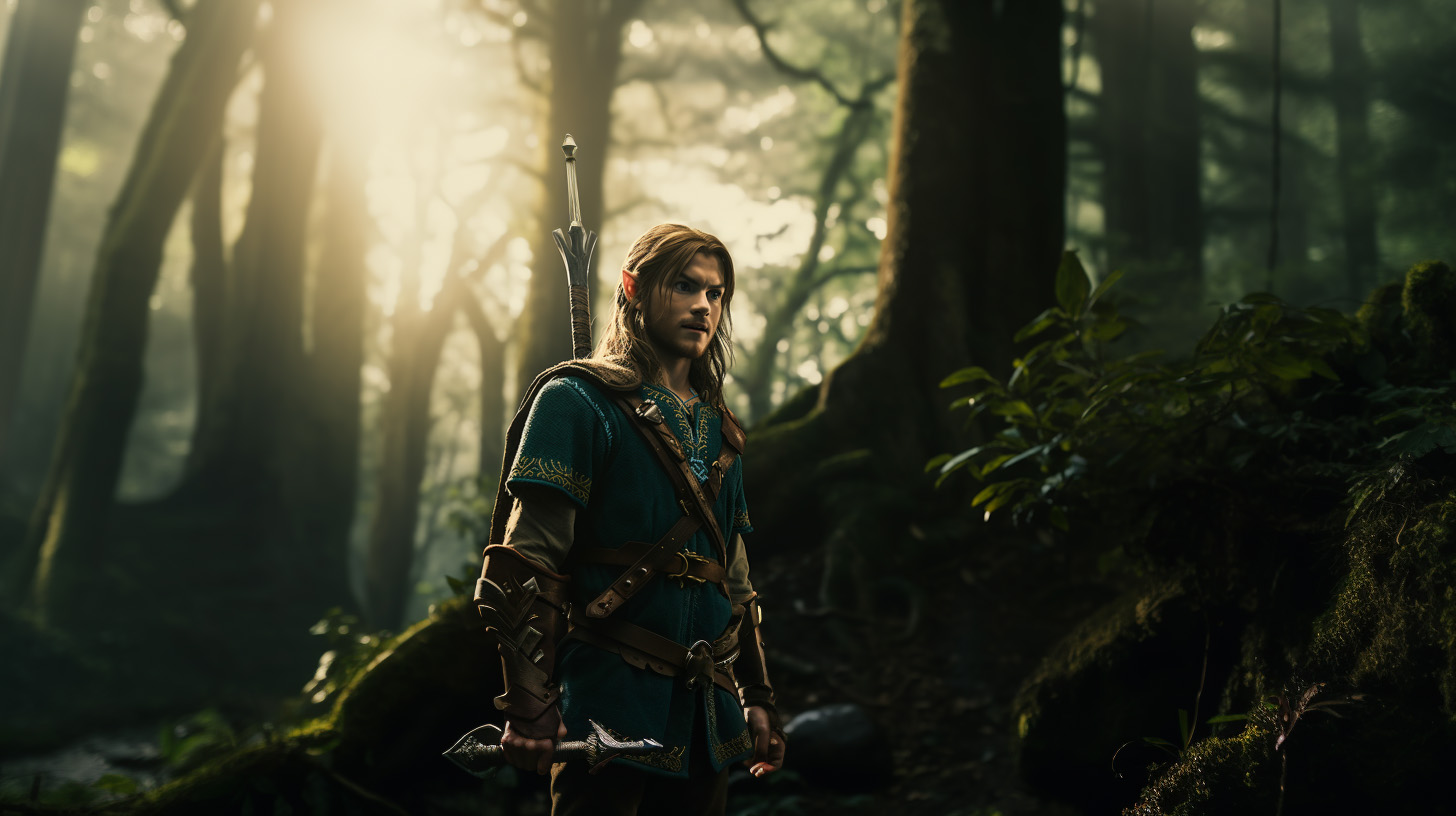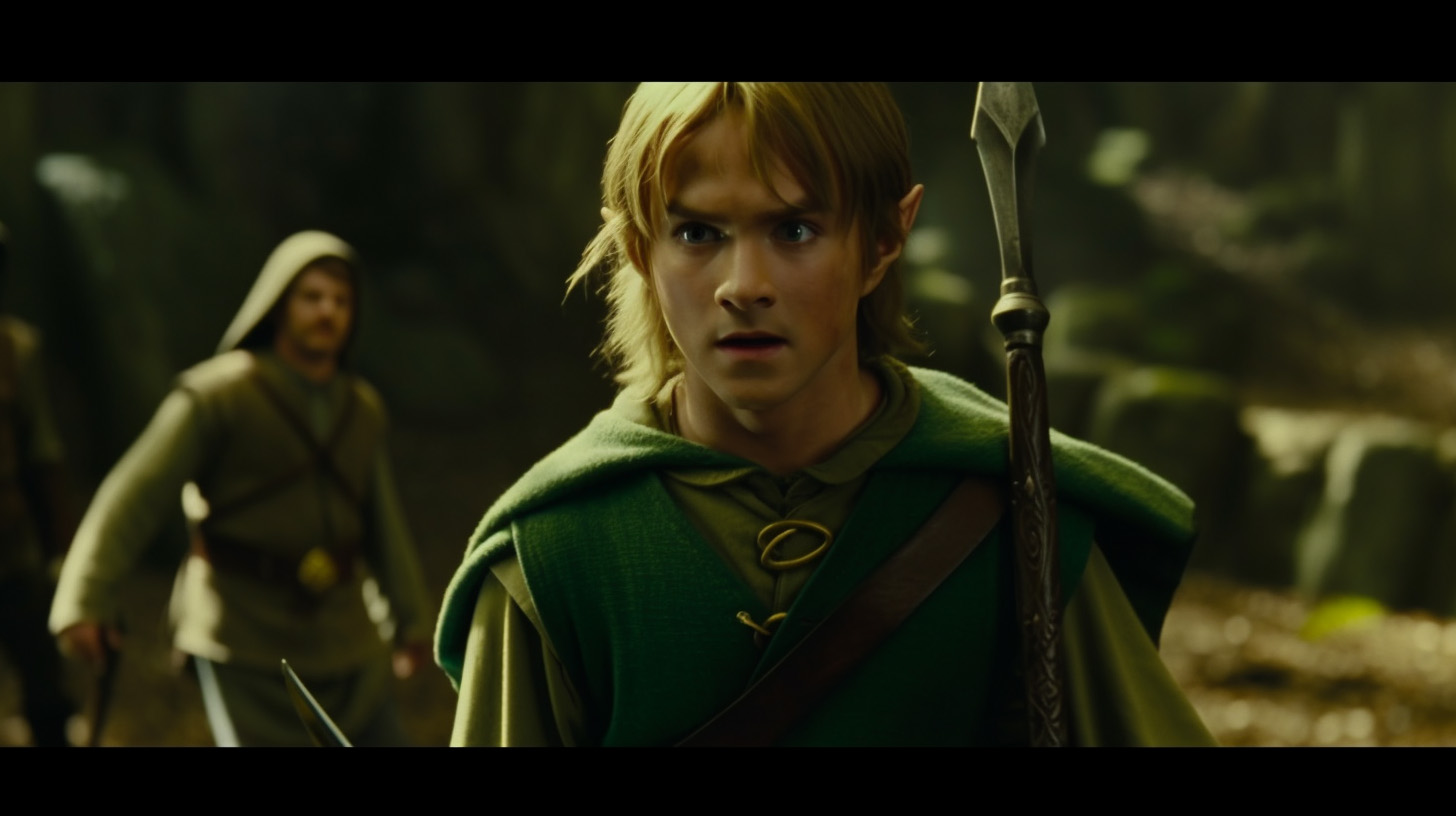Few video game franchises carry the cultural weight of The Legend of Zelda. Since its first release in 1986, the series has become more than just a set of adventures—it’s a legendary saga of courage, wisdom, and power. From 8-bit dungeons to sweeping open worlds, Zelda has not only evolved with the times but has often led the charge in redefining what video games can be.
Now, as the franchise continues to thrive in 2025 with new remasters, spin-offs, and even a live-action film on the horizon, it’s the perfect moment to reflect on what makes The Legend of Zelda so enduring—and what lies ahead for this legendary tale.
At its core, The Legend of Zelda is about the eternal battle between light and darkness, played out across generations through its three main characters: Link, the silent hero; Zelda, the wise protector; and Ganon, the dark force seeking power. Each game places these figures in a new world, reshaped by war, prophecy, or calamity. Yet, despite changes in setting, art style, or mechanics, the emotional resonance remains: courage against impossible odds, sacrifice for the greater good, and hope in the face of despair.
Whether solving puzzles in the catacombs of Ocarina of Time or flying through the skies in Skyward Sword, players are always given a simple directive: the world is broken, and it’s up to you to restore balance. That premise, simultaneously epic and intimate, is what gives Zelda its mythical feel.
Every Zelda title has introduced something transformative to the gaming world. A Link to the Past gave players the thrill of dual worlds. Ocarina of Time brought cinematic storytelling and 3D combat to consoles. Wind Waker introduced cel-shaded visuals and open-sea exploration. And then came Breath of the Wild—arguably the most groundbreaking entry in the series.
Released in 2017, Breath of the Wild reimagined Zelda as a vast, open-world survival game. Gone were the rigid dungeons and linear quests. In their place: freedom, experimentation, and the raw joy of discovery. It was a bold step, and it paid off—not just critically, but spiritually. It reignited the adventurous spirit that had always been at the franchise’s heart.
Its 2023 sequel, Tears of the Kingdom, built upon that foundation with even more verticality, customization, and world-building. Players could now fly between floating islands, build machines, and manipulate environments in unprecedented ways. It pushed creative boundaries, allowing each player’s journey to feel entirely their own.

Another exciting shift has been the increasing focus on Princess Zelda herself. Once confined to a mostly passive role, she has become a more active force in recent games. In Tears of the Kingdom, her story intertwines more deeply with the fate of Hyrule, adding complexity to her character. Spin-off titles and rumors of future games suggest Zelda may soon become a fully playable protagonist—something fans have long hoped for.
It’s not just about inclusion. Giving Zelda a central role enhances the series’ theme of balance. She is more than a princess to be rescued—she is wisdom personified, and her decisions often shape the destiny of Hyrule as much as Link’s blade does.
Looking ahead, the Legend of Zelda franchise shows no signs of slowing. Nintendo has committed to bringing the series into new formats—most notably, a live-action film adaptation currently in development. While details remain closely guarded, the project promises to introduce Zelda’s world to a broader audience.

In the gaming sphere, high-definition remasters of beloved titles like Wind Waker and Twilight Princess are expected to hit modern consoles, offering newer fans a chance to experience earlier chapters in the saga. Meanwhile, side titles and spinoffs continue to expand the lore—sometimes through top-down puzzle adventures, sometimes through epic battlefield combat.
Fans are already speculating about the next full entry in the series, which may blend the open-world scale of Tears of the Kingdom with deeper storytelling or even a return to more traditional dungeon designs. Wherever it goes, the series' next evolution is certain to spark imagination once again.
In a world overflowing with flashy graphics, online competition, and endless content, The Legend of Zelda stands apart. It invites players not just to fight or win, but to explore, to learn, and to feel. It reminds us that bravery isn’t always loud, that wisdom can shape worlds, and that power must always be tempered by compassion.
More than just a game series, Zelda has become a rite of passage for generations of players. And as it continues to evolve—through remasters, reinventions, and new adventures—it remains what it has always been: a legend worth retelling.



-1751512715-q80.webp)
